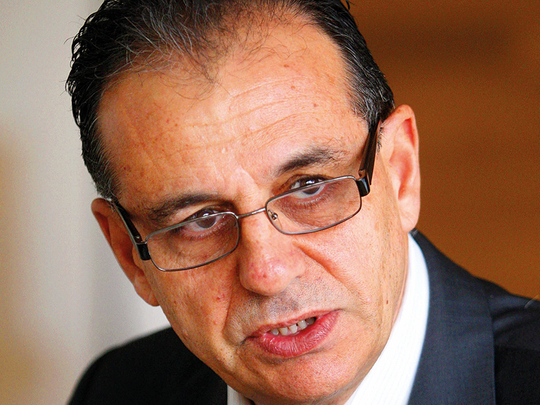
Dubai: Relatively low government debt ratio, still large financial buffers, and the fiscal consolidation under way, combined with some recovery in oil prices, should put Saudi Arabia’s fiscal positions on a more sustainable footing, according to Institute of International Finance (IIF), a Washington headquartered association of global financial institutions
Analysts say the kingdom has achieved significant strides in spending discipline, largely with cutbacks on infrastructure and transportation, military, security and regional administration achieving reductions of a combined 44 per cent of budgeted spending. Compared to the targeted budget spending of 890 billion riyals, spending stood at only 381 billion riyals (43 per cent of target) at the end of the first half of 2017.
“The continued decline in capital expenditure in 2017, which declined cumulatively by about 30 per cent in the past two years, may more than offset the modest increase in wages [mainly due to the reversal of the cuts to public sector allowance announced in October 2016],” said Garbis Iradian, Mena chief economist at the Institute of International Finance (IIF).
The current account balance is expected to move into a small surplus in 2017 as oil export revenues increase and import growth and remittance outflows remain relatively subdued. Net financial outflows are expected to continue, and SAMA’s [Saudi Arabian Monetary Agency] net foreign assets are projected to continue to decline, although it will remain at a comfortable level.
Credit and deposit growth are weak and are only expected to recover gradually. Interbank interest rates, which spiked higher during 2016, have fallen, and liquidity in the banking system is at adequate levels. Non-performing loans (NPLs) increased slightly to 1.4 per cent, but remain low.
The fiscal balance programme and the 2017 budget set out an ambitious fiscal consolidation plan. They aim to reduce the fiscal deficit to 7.7 per cent of GDP this year, balance the budget by 2019, and generate a fiscal surplus in 2020. In addition to an expected increase in revenues from oil exports, this adjustment is expected to be driven by new non-oil revenue measures—excises on tobacco and carbonated/energy drinks, VAT, higher expatriate labour fees, and an assortment of smaller fees/fines, further increases in energy and water prices together with measures to compensate households and businesses, and continued spending restraint.
The International Monetary Fund (IMF) has welcomed improvements in the fiscal framework and fiscal transparency, and encouraged further progress in these areas. Going forward, the IMF said in a recent review of Saudi reforms that it supports planned public expenditure review, and emphasised the importance of gradually reducing of the wage bill, strengthening social safety nets, and improvements in efficiency of capital spending.












